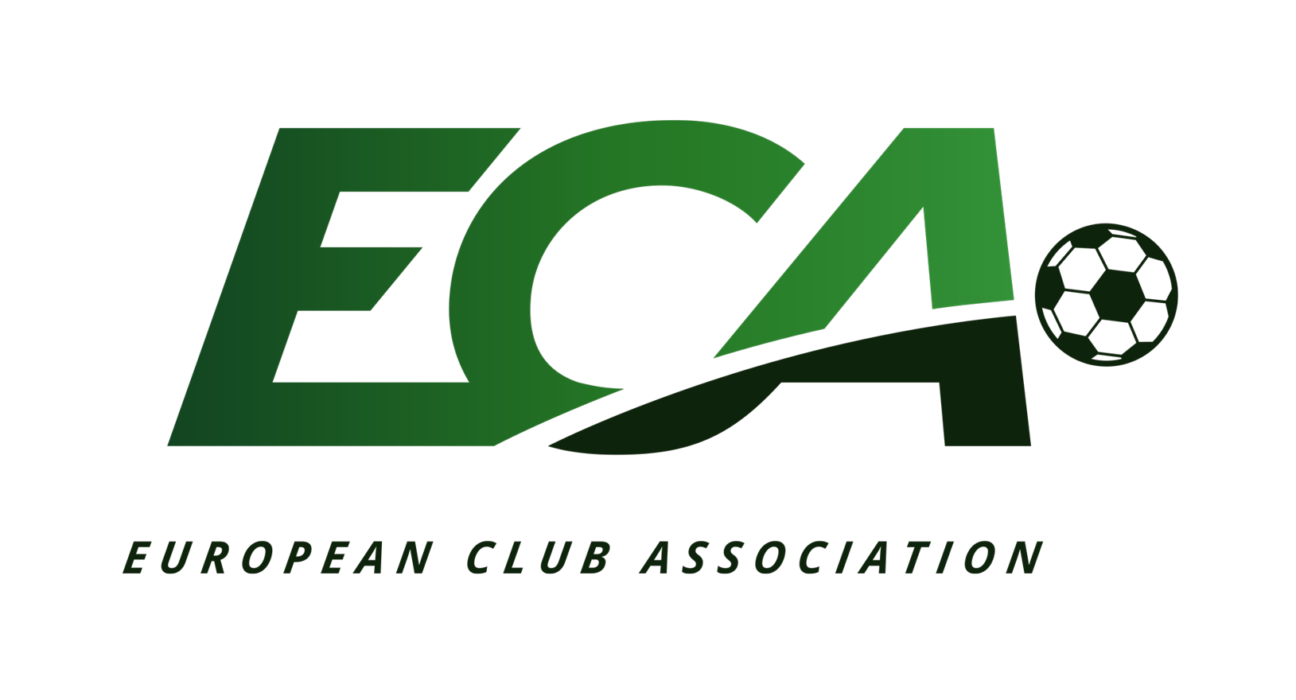ECA and UEFA have joined forces to launch a series of webinars aimed at helping European clubs meet social and environmental sustainability targets.
The webinar series aims at building a community of sustainability-minded clubs, sharing best practices, and offering guidance on how to develop strategies that align with UEFA licensing requirements.
The first one was held yesterday and focused on how to develop a sustainability strategy with best practices examples from two clubs, AS Roma and Malmö FF. The event was attended by more than 300 participants, including club representatives, stakeholders, and sustainability enthusiasts, all gathered online to delve into sustainability within European club football.
Sustainability has emerged as a powerful tool to protecting the environment, respecting human rights, and creating significant business opportunities. During the webinar, participants gained valuable insights into how sustainability can be a game-changer for football clubs.
Niclas Carlnén, Chairman of the ECA Sustainability Working Group, stated:
“As European football clubs, we must act as sustainability champions, inspiring others in order to play a pivotal role in shaping the future of the game. Our commitment to environmental and social responsibility is central to the growth of European club football. By championing sustainability, we are making a significant contribution to achieving the goals we have set. With economic growth, enhanced brand reputation, increased fan attention, growing sponsorship opportunities, regulatory compliance, and a promising return on investment, sustainability is a path of tremendous potential for European football clubs.”
Michele Uva, UEFA Director of Social & Environmental Sustainability, added:
“The time to accelerate on sustainability is now! Working together with ECA and its member clubs, we will scale up investments in managing environmental and social risks and securing the success of football organisations in their communities and beyond. We must anticipate sustainability and societal trends by putting in place strategic approaches supported by targeted action.”
This first webinar acted as a platform not only to set the scene for sustainability’s influence on European football, but also to provide case studies from ECA Member Clubs AS Roma and Malmö FF, both of which demonstrated football clubs’ journey of transformation towards sustainability.
In order to meet UEFA licensing requirements, clubs need to satisfy certain criteria. The future five webinars will focus on one policy each and will take place once per month with the aim of finishing the series in time for the next licensing submission window of February- April 2024.
The next webinar will focus on Child and Youth Protection and is scheduled for 13 November. Following ones will tackle, respectively, on Environmental protection; Football for all abilities; Equality and inclusion; and Anti-racism.
UEFA Requirements
Starting from the 2022/2023 season, UEFA has included sustainability requirements in order for clubs to attain the UEFA license. The requirements are the following:
- Appointment of a football social responsibility Officer (Art. 44),
- Establishment of a football social responsibility strategy in line with the UEFA Football Sustainability Strategy 2030 and relevant UEFA guidelines (Art. 27),
- Establish and implement a Policy in the following areas (Art. 28-32):
- Equality and Inclusion,
- Anti-Racism,
- Child and Youth Protection,
- Football for All Abilities,
- Environmental protection.
ECA invites all football stakeholders and enthusiasts to join the conversation around sustainability on social media using the hashtag #WeAreECA to foster a united and sustainable club football community.

